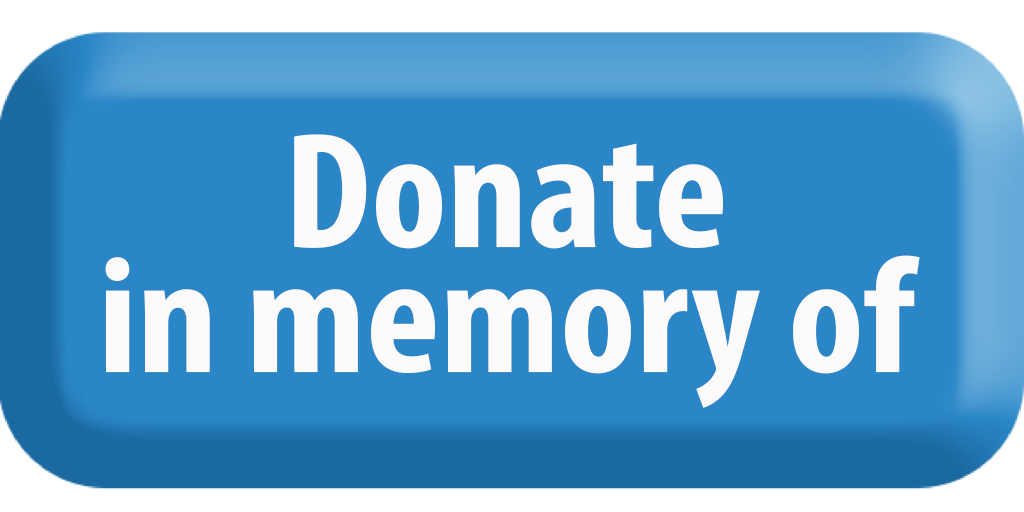Dear Hope Nation,
As a boy, I had a few moral and ethical foundations as guideposts. First, my friends, who were always ready to encourage me to find my darkest side and explore the irrational. As almost everyone’s mother knew, I was the designated bad influence; still, if it weren’t for my friends’ celebration of “Keith being Keith,” my childhood would have been safe, predictable and positive. In a word, boring.
A second compass, DC Comics, showed me how life should be lived if one were ever trapped on a two-dimensional page. Batman and Superman were my heroes, and Superman’s faith in Truth, Justice and the American Way touched me enough that I swore I’d behave that way any time I was transported to Gotham City or Metropolis.
A third, and perhaps most important, influencer was Bugs Bunny, who taught me that a laugh is the highest social good, and that even the most damaging hijinks will be forgiven at the magic words, “Ain’t I a stinker?” For more complicated ethical matters, Bugs provided me with an angel on one shoulder and a devil on the other, each whispering in my ear. They are here now to serve me well.
The angel on my right side, tells me to focus on the positive, to give the benefit of the doubt to the other fella, to be decent. On my left, the devil shouts for me to call down fire and brimstone, leave no stone unturned in my anger. Let me, finally, talk about what I’m going to talk about. First, from my angelic side:
“Even though we’re in the middle of a terrible pandemic, Zoom offers us a chance to stay in touch with those we love, those we work with and those we’d like to get to know better. With the right lighting and a skilled facilitator, a Zoom meeting can be almost the same as being there!”
Now, an opposing view:
“Without the warning signs of hunger, Zoom starves us of emotional connection. The surface appearance of nodding and smiling hides the emptiness within, as minute by minute a Zoom meeting leaves us without basic human connection. Like breathing through a straw, Zoom gives us enough oxygen to not even notice we’re dying of hypoxia.”
Thus, my sort-of-like-but-nothing-close-to-love-hate relationship with Zoom. I’ve had Zoom dreams, where I’ve opened a virtual window and can’t close it, driving everyone else in the room to complain about me. I’ve found myself wanting to claim shaky internet and just shut down the program. I’ve spent countless minutes trying to figure out why another participant insists on having out-of-focus family pictures turned at an angle on a table beside her.
Yet, I’ve also been able to work from home, attend recovery meetings, maintain virtual contact with folks I love. The good things just don’t emotionally resonate for me the way I’d like them to. For me to become the man I want to be, I really need to listen to the angel’s voice in my ear, and that’s my goal.
Still, sometimes I just want to be a stinker.
You matter. I matter. We matter.
Keith
p.s. When I began this letter—which is to say when I was a couple hundred words into a first draft—I realized I’d started completely wrong. To show you the progress I’ve made just by writing this, here was the original lead, comparing Zoom to a company accused of starving babies:
Back in the 1970’s, the Nestlé company was the target of a worldwide boycott, not for their mediocre chocolate, their Nescafe instant coffee or their ownership of Friskies and Purina. Instead, it was baby formula that raised worldwide ire. You might think the baby formula must have been tainted and unsafe, but you would be wrong. If mothers and fathers used the product as indicated on the label their babies would likely fare well. Instead, it was the way Nestlé marketed the product that was the problem.
They presented baby formula as the modern, healthier way to feed babies, encouraging Third-World parents to use free samples of Nestlé’s product while in the hospital. Of course, fairly quickly mothers’ breastmilk dried up, making their babies dependent on formula to survive. Given economic realities, most Third-World parents couldn’t afford to give their babies formula at the proper ratio. Instead, they watered down the formula, making it weaker over time. Little by slowly, the babies were starving to death.
Progress, not perfection.



